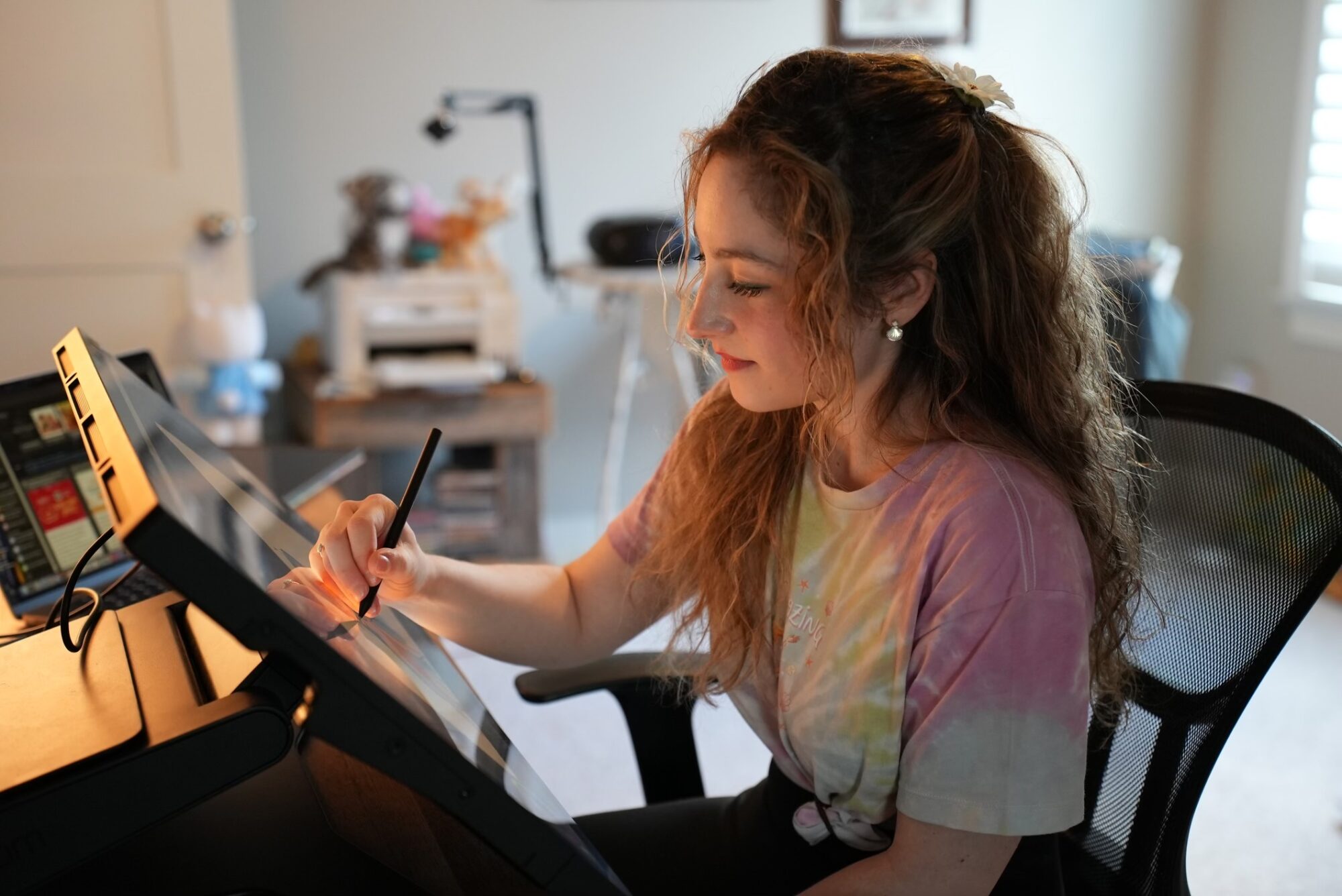Understanding Self-Worth
Many stories we encounter are filled with lessons, but they are more likely myth than reality. One such story involves Picasso in a restaurant sketching on a napkin. While it’s unlikely this event ever happened as told, the story offers a profound message about recognizing the true value of expertise and mastery.
It goes something like this:
In a bustling restaurant, an excited patron recognized the famous artist Picasso dining alone. Seizing the moment, the patron approached Picasso with a simple request. With a plain napkin and a big smile, he asked the artist for a drawing. He promised payment for his troubles.
Picasso, ever the creator, didn’t hesitate. From his pocket, he produced a charcoal pencil and he brought to life a stunning sketch of a goat on the napkin—a clear mark of his unique style. Proudly, he presented it to the patron.
The artwork mesmerized the patron, who reached out to take it, only to be stopped by Picasso’s firm hand. “That will be $100,000,” Picasso declared.
Astonished, the patron balked at the sum. “But it took you just a few seconds to draw this!”
With a calm demeanor, Picasso took back the napkin, crumpled it, and tucked it away into his pocket, replying, “No, it has taken me a lifetime.”
Understanding the Depth of Expertise
Picasso’s encounter is obviously not just about the price of art. It’s about the hidden depths of expertise and mastery. Every leader can learn from this. It takes years, even decades, to hone the skills that lead to peak performance. True expertise is much more than what meets the eye. It’s the countless hours of practice, the failures, the learnings, and the small successes that accumulate over a lifetime.
And every member of your team undoubtedly has some type of undervalued expertise. Think about that.
I should probably disclose here that this story hits me differently now than it did when I first heard it. My daughter is an amazing artist. (And yes, that’s her in her art studio.) People often ask her to do things and offer a budget which is insulting based on the complexity of the ask. Seeing her face those situations, where her years of dedication, an MFA degree, and skill are undervalued, really underscores the message of Picasso’s anecdote. It reminds me not just of the monetary worth of artistic skill, but of the deeper value of respecting and acknowledging someone’s entire journey and expertise.
Of course, it’s not just artists like Picasso whose expertise commands premium valuation. Consider a lawyer who has risen to the rank of partner, specializing in a complex field like intellectual property. Their fees reflect decades of accumulated knowledge, nuanced understanding of the law, and a track record of successful cases. Similarly, a specialty surgeon, who may perform intricate and life-saving procedures, also charges rates that are commensurate with their training. Recently we had a plumbing issue in our home. Did I want an inexperienced new worker who was cheap or a more expensive, experienced plumber who had seen it all? I learned long ago that what seems cheaper is often anything but. Deep expertise in any field is built over many years and is invaluable when a crisis hits.
Nurture Self-Worth
Here are some practical takeaways for nurturing self-worth:
- Recognize the value of your experience.
- Communicate your expertise effectively. Help others understand the depth of your knowledge and your contributions.
- Be patient in your growth. Mastery takes time, whether in art, leadership, or any professional endeavor.
- Value the unseen efforts.
- The price of mastery is often invisible.
- Immediate results often stem from lifelong learning.
- Value your unique contributions. Recognizing your own worth can empower you to negotiate effectively.
Recognizing the Worth of Others on Your Team
A key aspect of leadership is the ability to see and appreciate the worth of team members. Each individual brings a unique set of skills and experiences that contribute to the collective success.
Here are some ways leaders can acknowledge and elevate their team’s value:
Understand Individual Journeys
Take the time to learn about the professional journeys of your team members. Understanding the background and experiences that shape their skills and work ethic can provide deeper appreciation for their contributions and potential growth paths within the team.
Provide Meaningful Opportunities
Offer team members opportunities that align with their skills and career aspirations. When people feel that their capabilities are recognized and utilized effectively, their engagement and loyalty to the team increase.
Develop an Environment of Appreciation
Create a culture where appreciation is openly expressed. Regular recognition, whether through formal awards or casual acknowledgments in meetings, can significantly boost morale and productivity. It reinforces the value of each team member’s work and encourages continuous excellence.
Encourage Peer Recognition
Encourage team members to recognize each other’s strengths and contributions. Peer recognition can foster a supportive team environment and highlight diverse talents within the group, often leading to innovative collaborations.
As leaders, by recognizing the worth of our teams, we not only enhance performance but also build a stronger team. Acknowledging the expertise each person brings to the table is like understanding Picasso’s lifetime of dedication behind a simple sketch—it’s about seeing beyond the immediate.
The Picasso story teaches us that the true worth of our work is often invisible and under-appreciated. As leaders, acknowledging and valuing this hidden depth in ourselves and others is crucial. Let’s remember the unseen labors that make visible success. And let’s strive to respect and elevate the value of expertise in every field.
Image Credit: Zach Day


